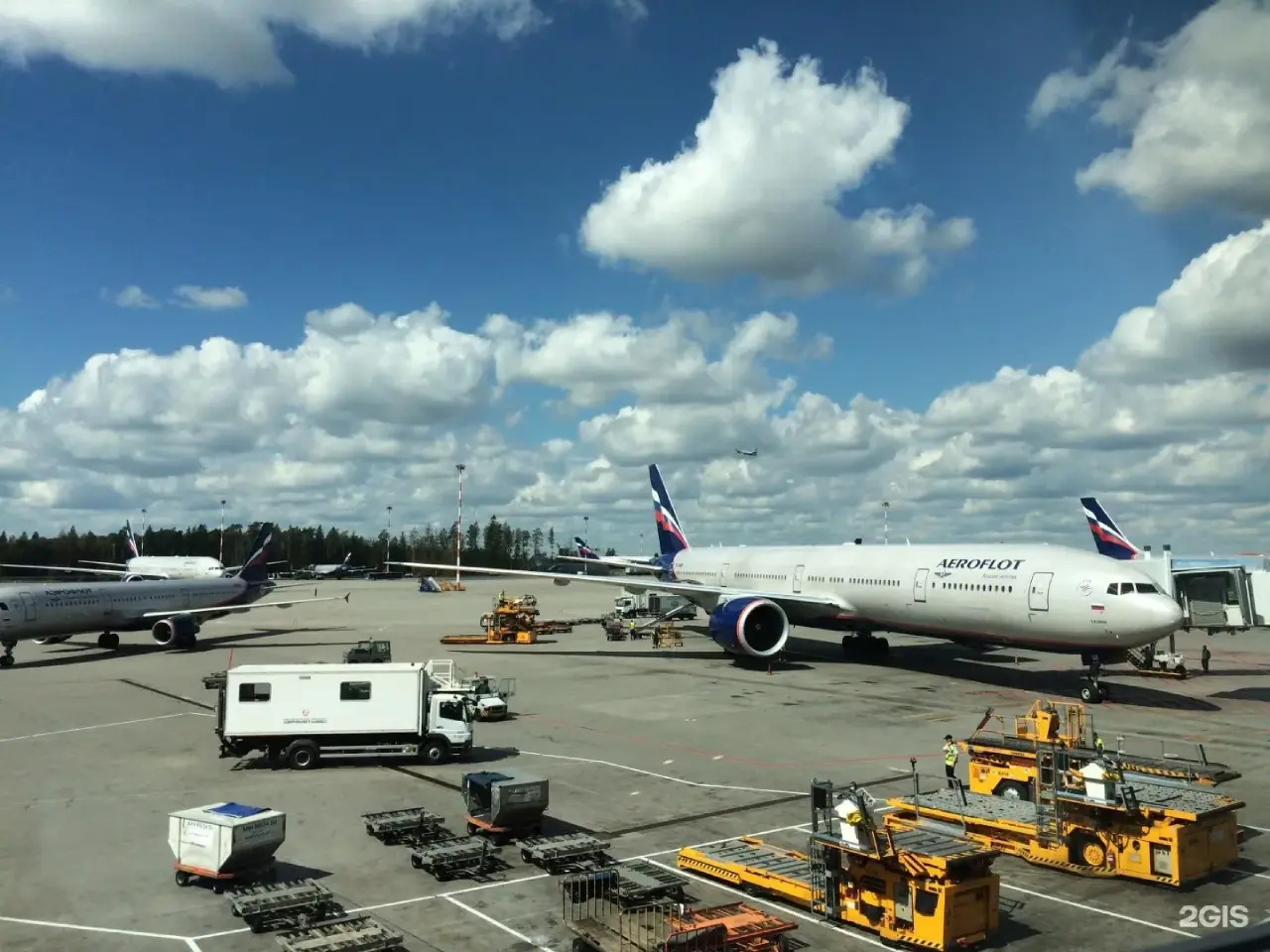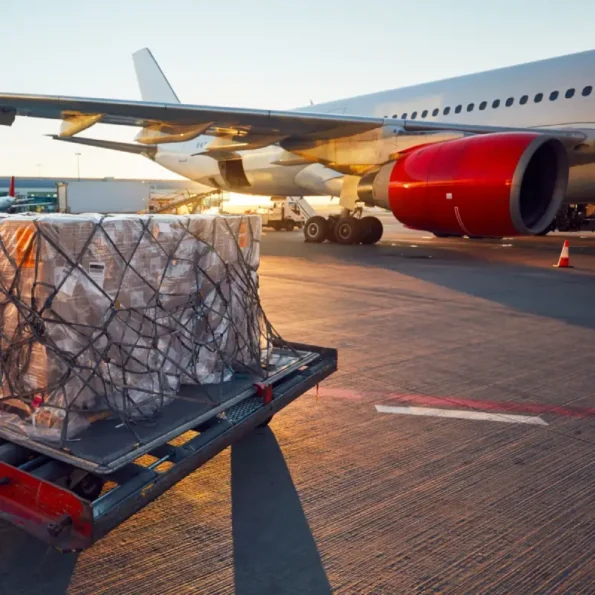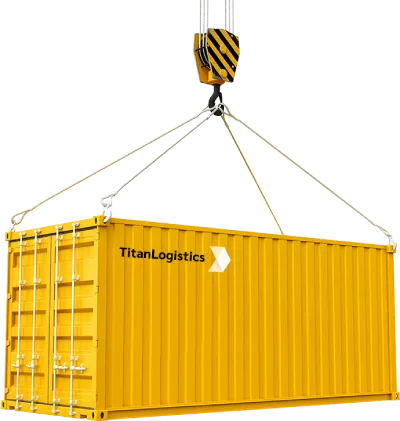
Navigating Turbulence
Crisis Management in Air Freight
Crisis management in air freight is about more than just reacting to unforeseen events; it’s about implementing proactive strategies to safeguard operations and maintain continuity.
Key Strategies for Crisis Management
- Risk Assessment and Planning: Conduct thorough risk assessments to identify potential disruptions, and develop robust crisis response plans.
- Diversification of Suppliers: Engage with multiple suppliers to reduce dependency on a single source, mitigating risks associated with supply chain disruptions.
- Real-Time Communication: Establish clear communication channels with all stakeholders, ensuring swift and accurate information dissemination during crises.
- Adaptive Logistics Technology: Embrace advanced logistics technology to enhance adaptability, real-time tracking, and visibility across the air freight supply chain.
- Collaborative Partnerships: Foster strong partnerships with airlines, airports, and logistics providers to facilitate seamless collaboration during challenging times.
- Employee Training and Support: Equip staff with crisis response training and support mechanisms, ensuring a resilient workforce capable of navigating uncertainties.







